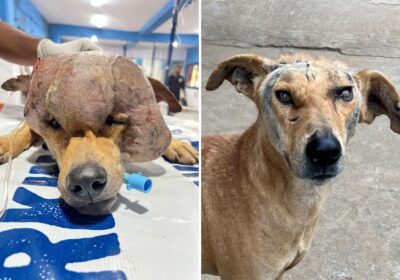Introducing a new pet into the family is exciting, but there’s also a huge amount of responsibility.
Here’s a checklist to ensure your new arrival starts out life in the best possible way.
Vaccinations – one of the key reasons pets are living longer is that we can vaccinate them against a range of infectious diseases.
For dogs this includes distemper, canine hepatitis, parvo virus, leptospirosis, para influenza virus.
In cats, cat flu, feline panleukopenia virus and feline leukaemia.
Regular booster vaccinations, combined with a full health check by your vet, are the best way of protecting your pet.
Fleas – most puppies and kittens will unfortunately arrive with fleas, so it’s always a good idea for your vet to check them over on arrival.
The best form of on-going flea control can then be discussed and started straight away.
Worming – if the parents weren’t regularly de-wormed, the chances are there will be a high prevalence of roundworm infections.
As your pup or kitten grows they are susceptible to infection with both roundworms and tapeworms and will require regular worming treatment. Lungworm is also an increasing risk for dogs in some areas.
Life-stage diets – there are tailored diets for each stage of your pet’s life, right through to those senior years.
Feeding the correct diet can make a real difference to the health and wellbeing of pets.
Microchipping – it’s important to have your new pet microchipped – the only permanent form of identification should your pet get lost.
Pet Insurance – having good pet insurance takes away those worries of any unexpected vet bills or ongoing conditions.

Related Articles
CrimeEnvironmentFarmingFarming & EnvironmentNewsPets March 29, 20240
Hampshire police join campaign to prevent livestock worrying
POLICE have joined an initiative aimed at keeping pets and livestock safe. Last year, Operation…
NewsPets January 10, 20240
Dog walker punched after Boxing Day confrontation in Poole park
A DISPUTE among dog walkers ended with one man being punched in the face. Dorset…
NewsPets December 20, 20230
How a Dorset charity saved the life of a stray dog – 5,000 miles away…
A DORSET charity has saved the life of a stray dog suffering with a…









Leave a Reply